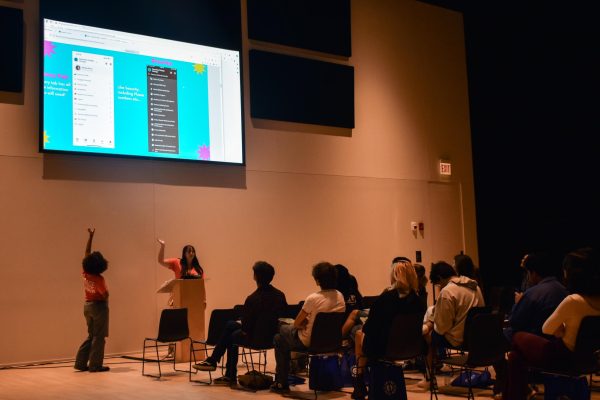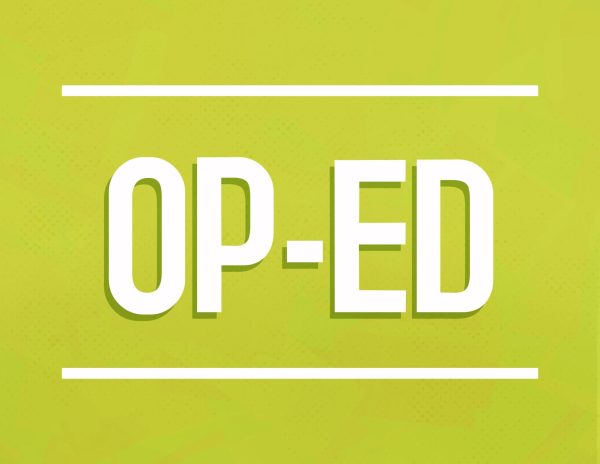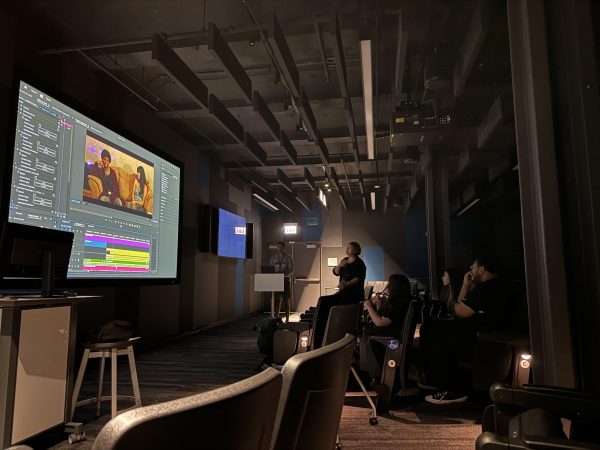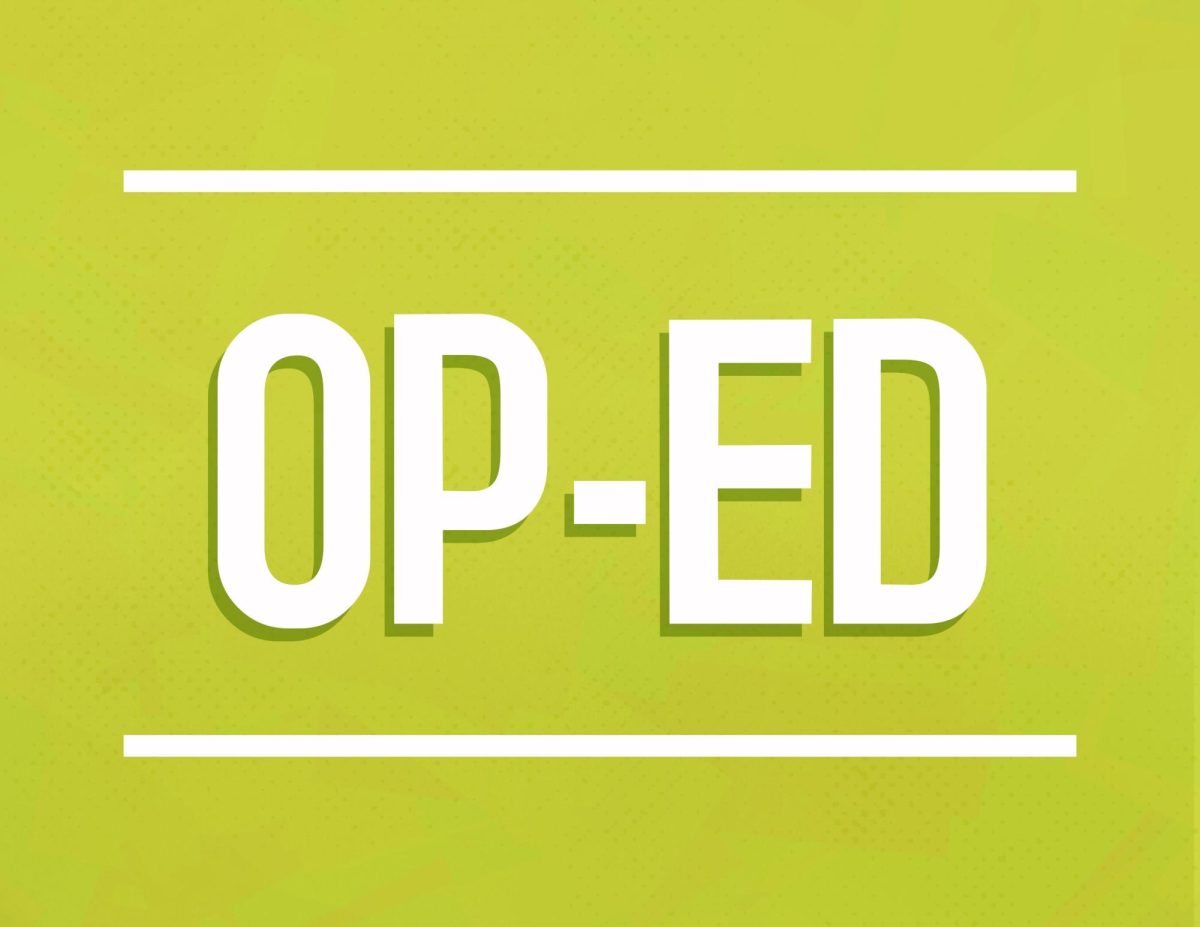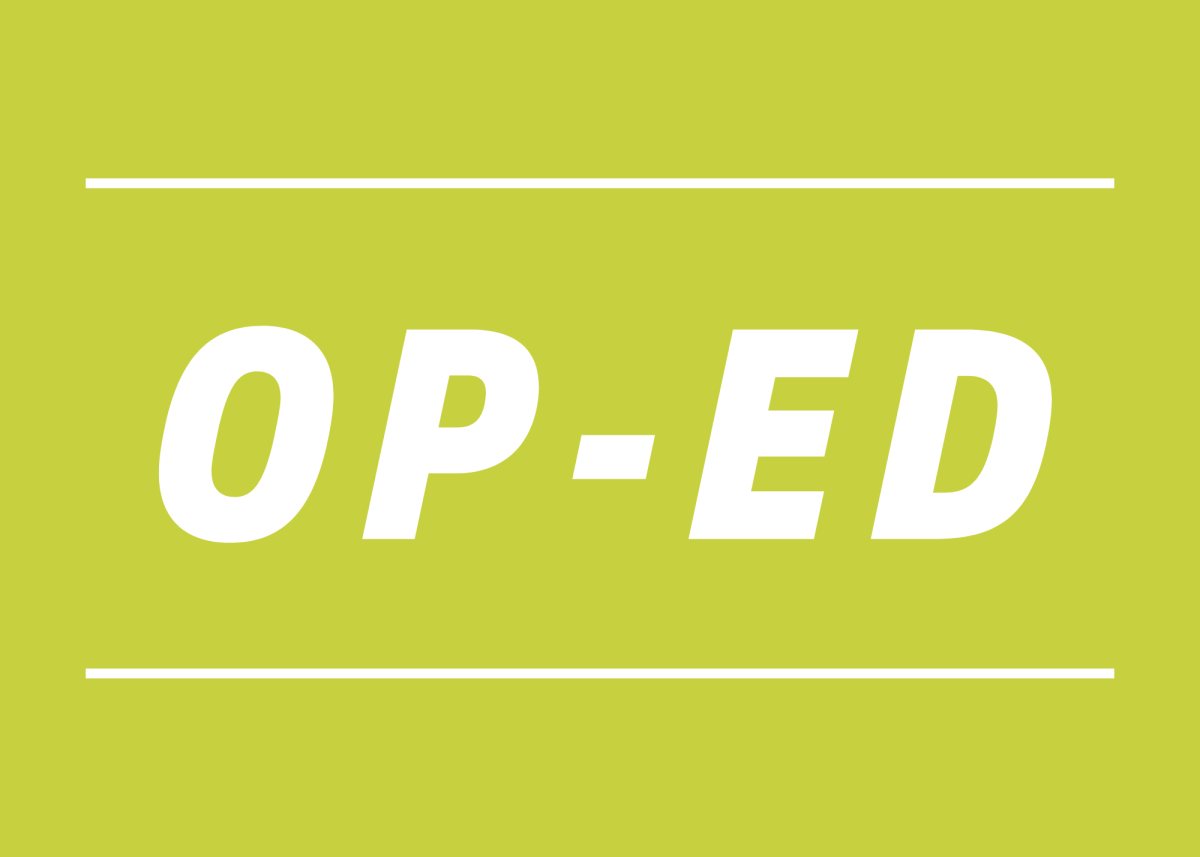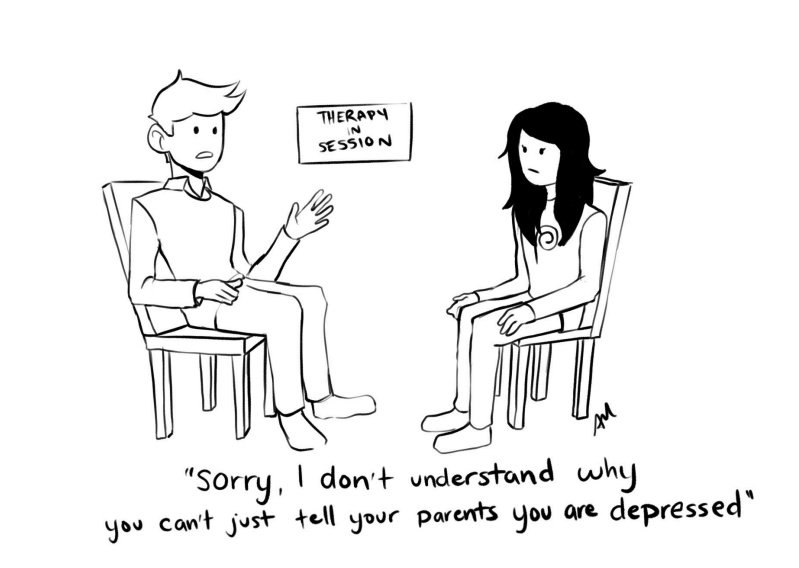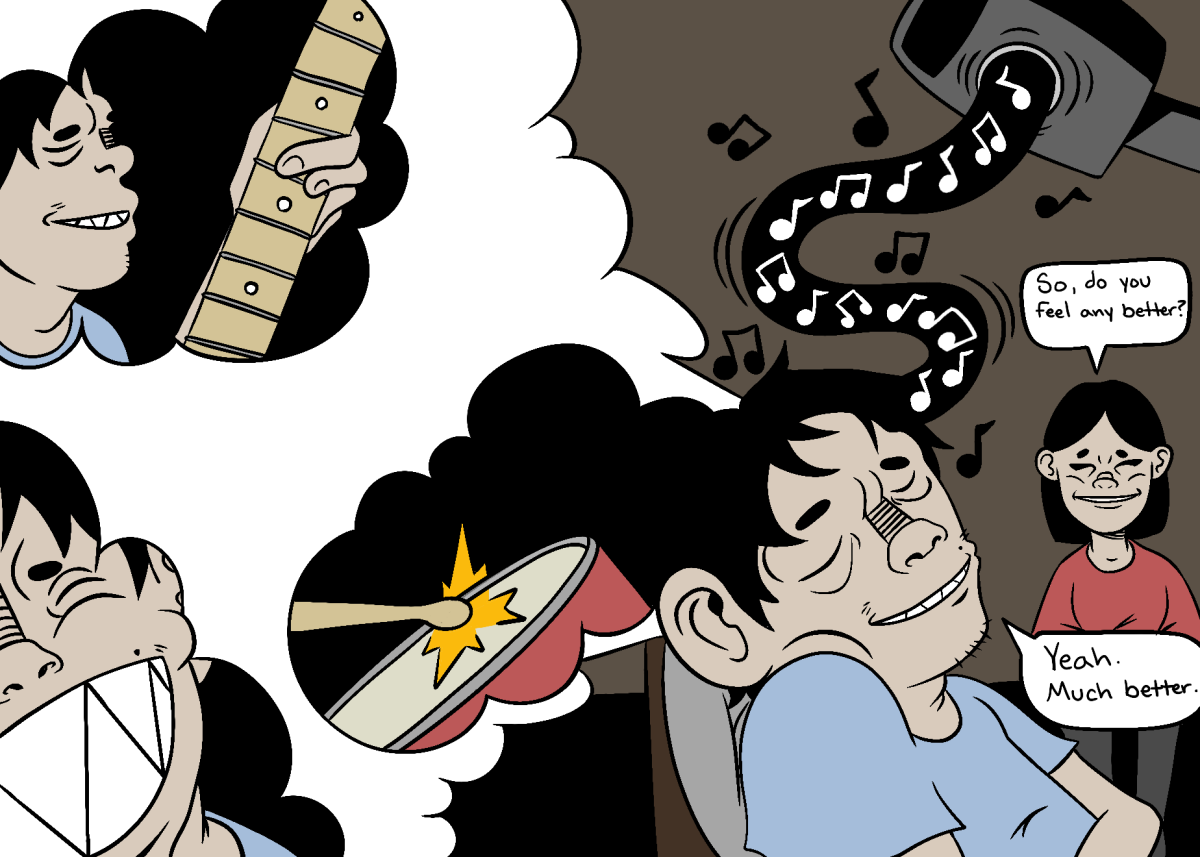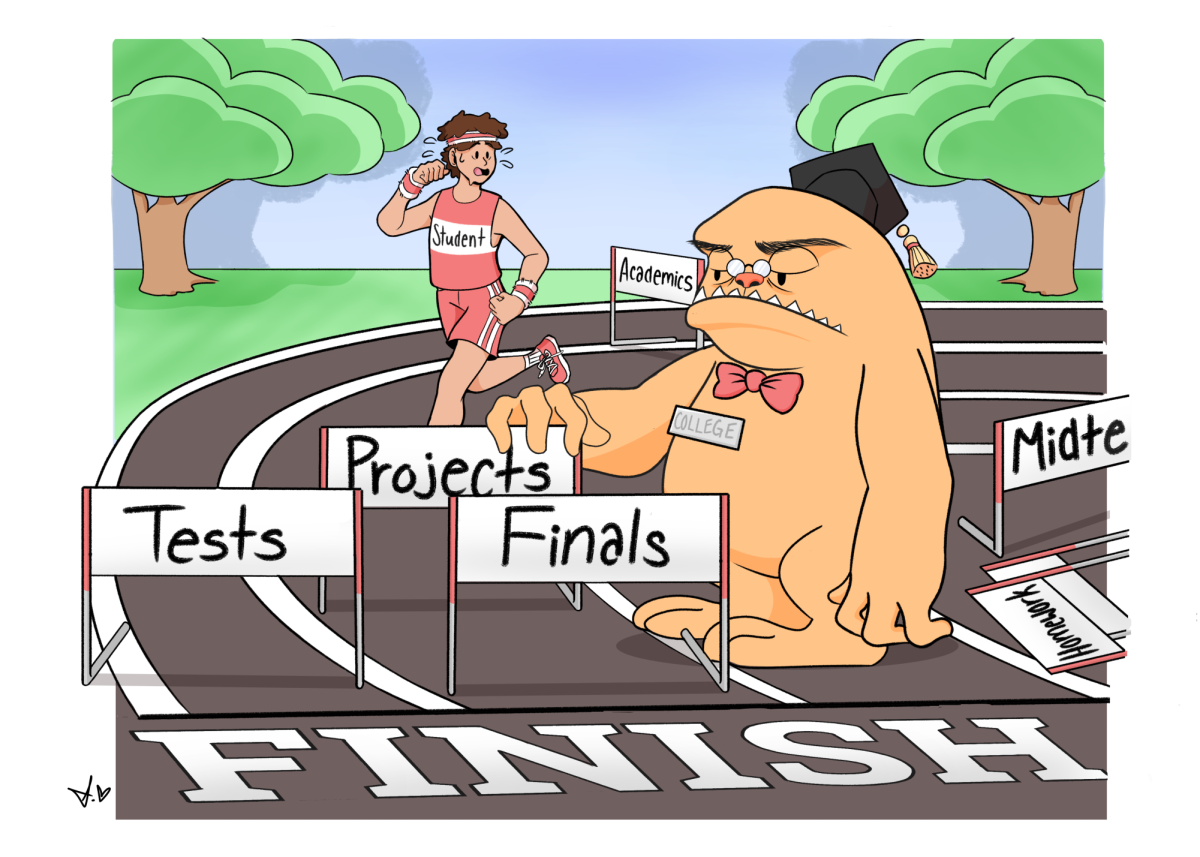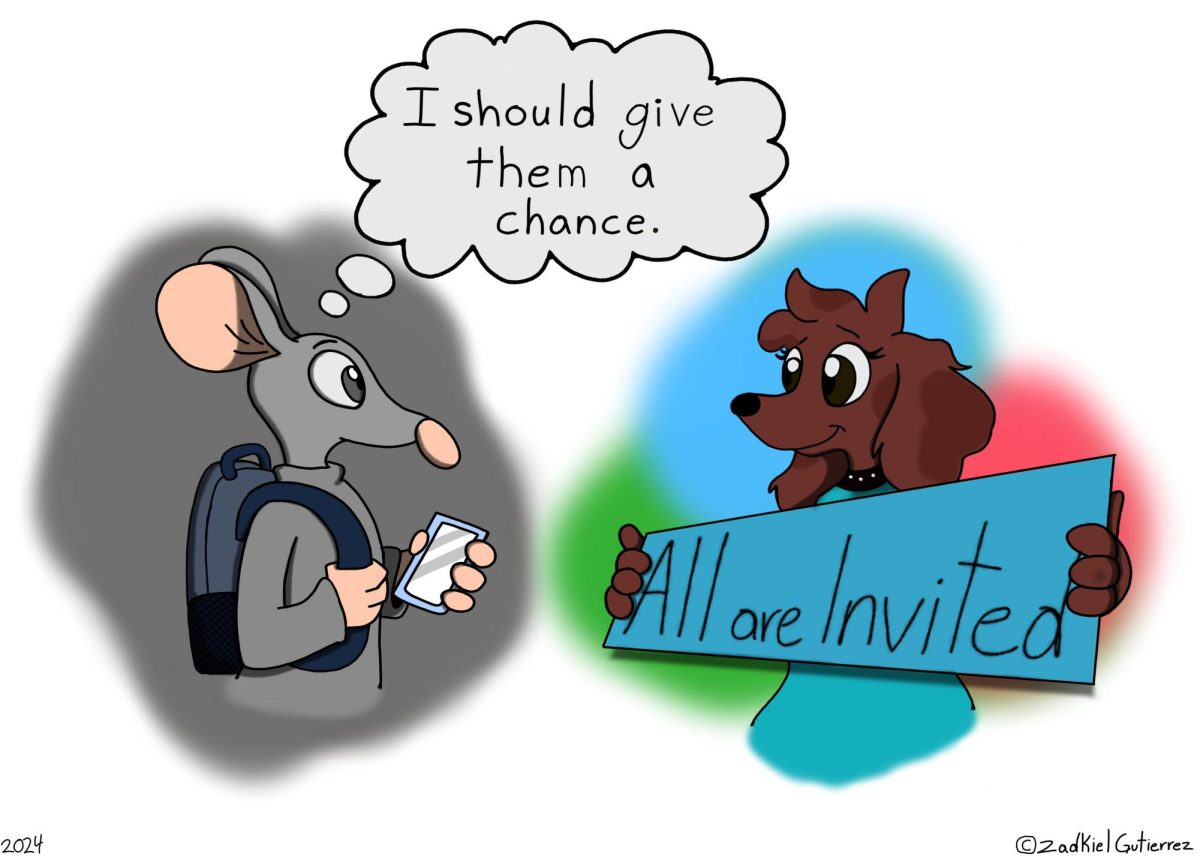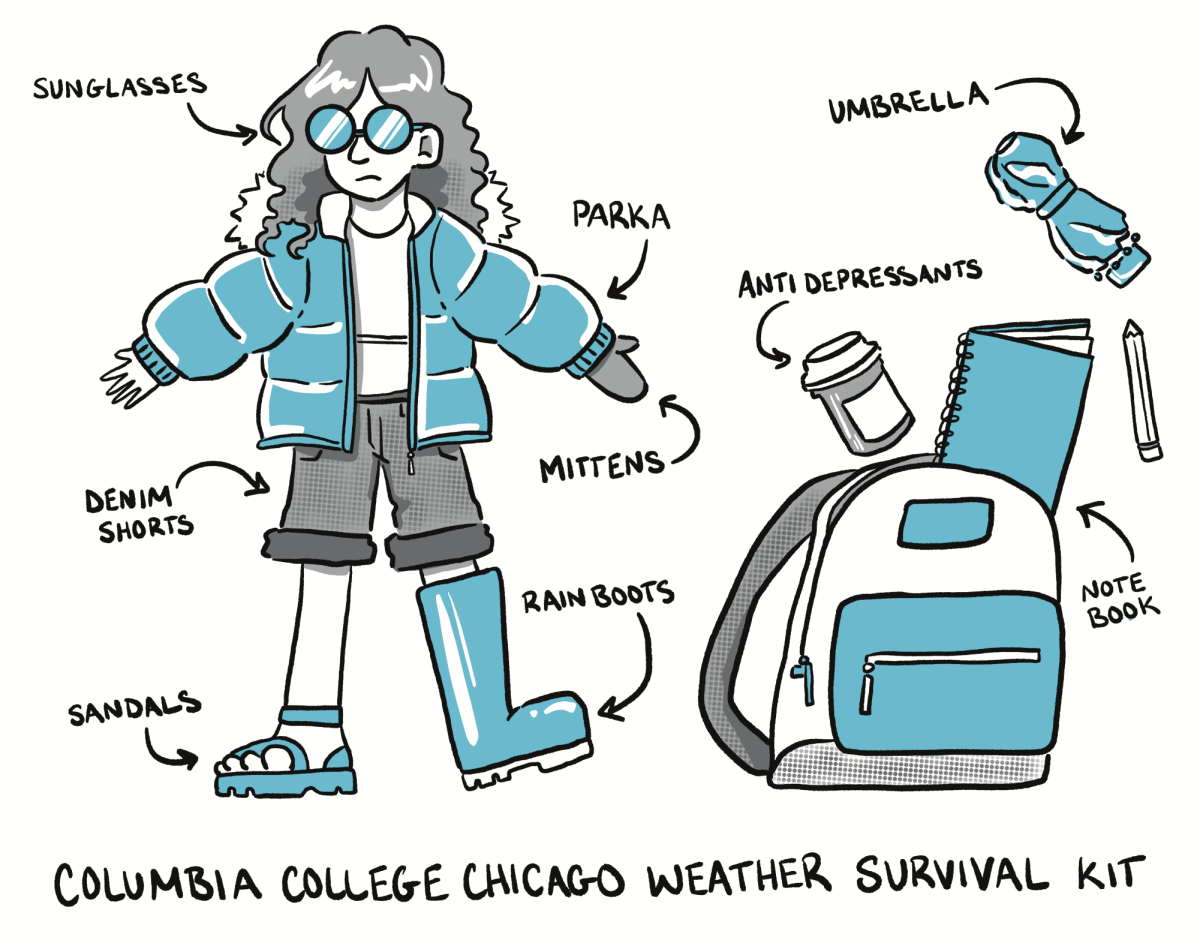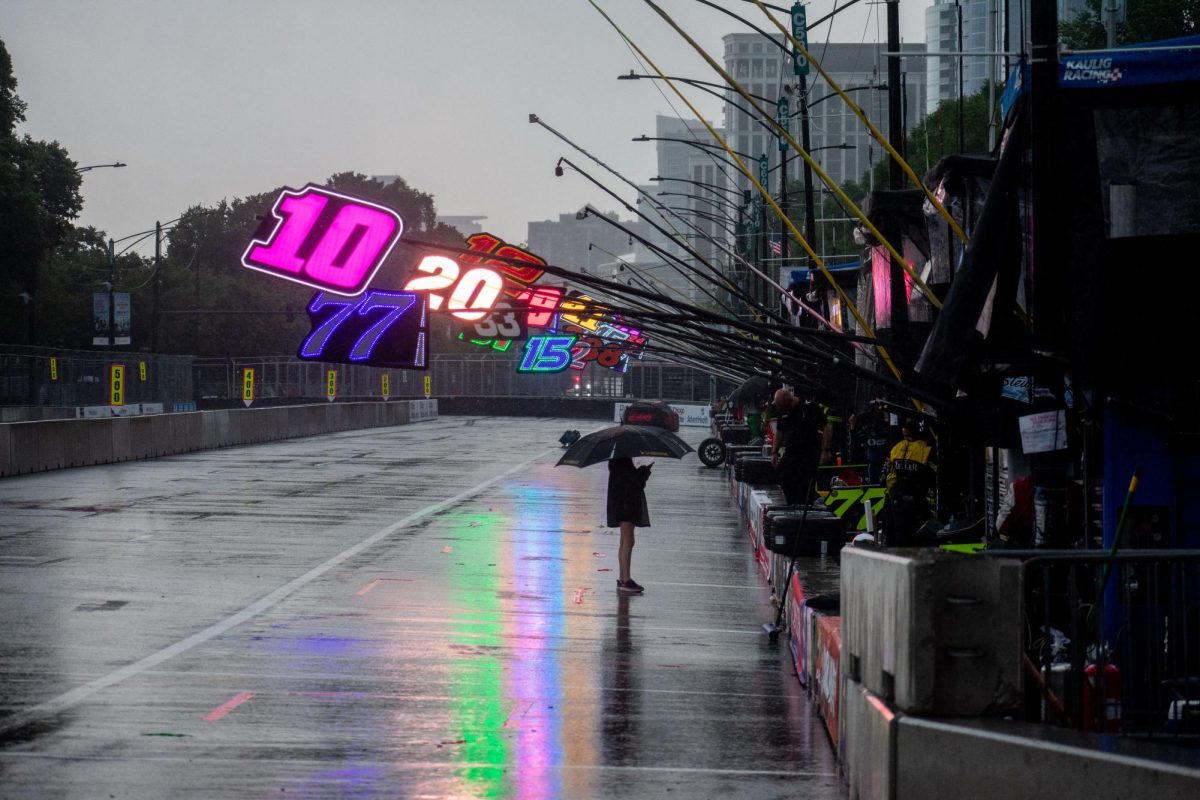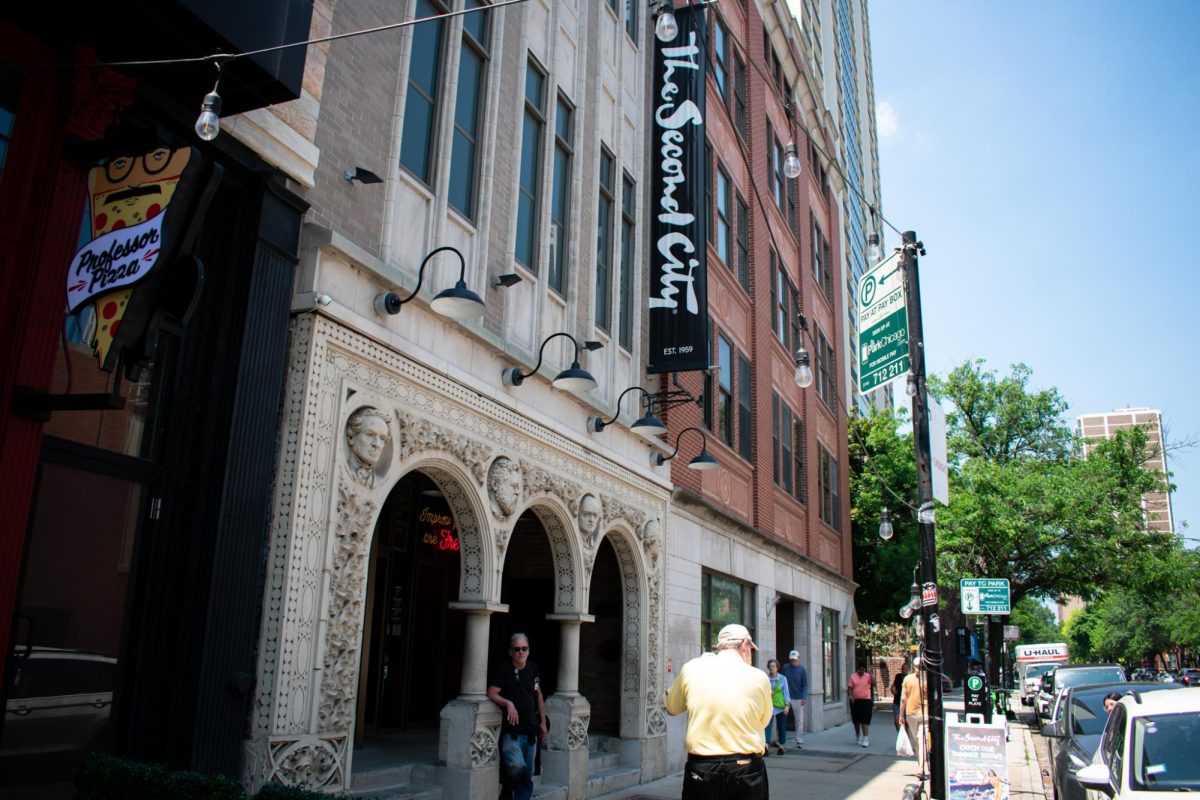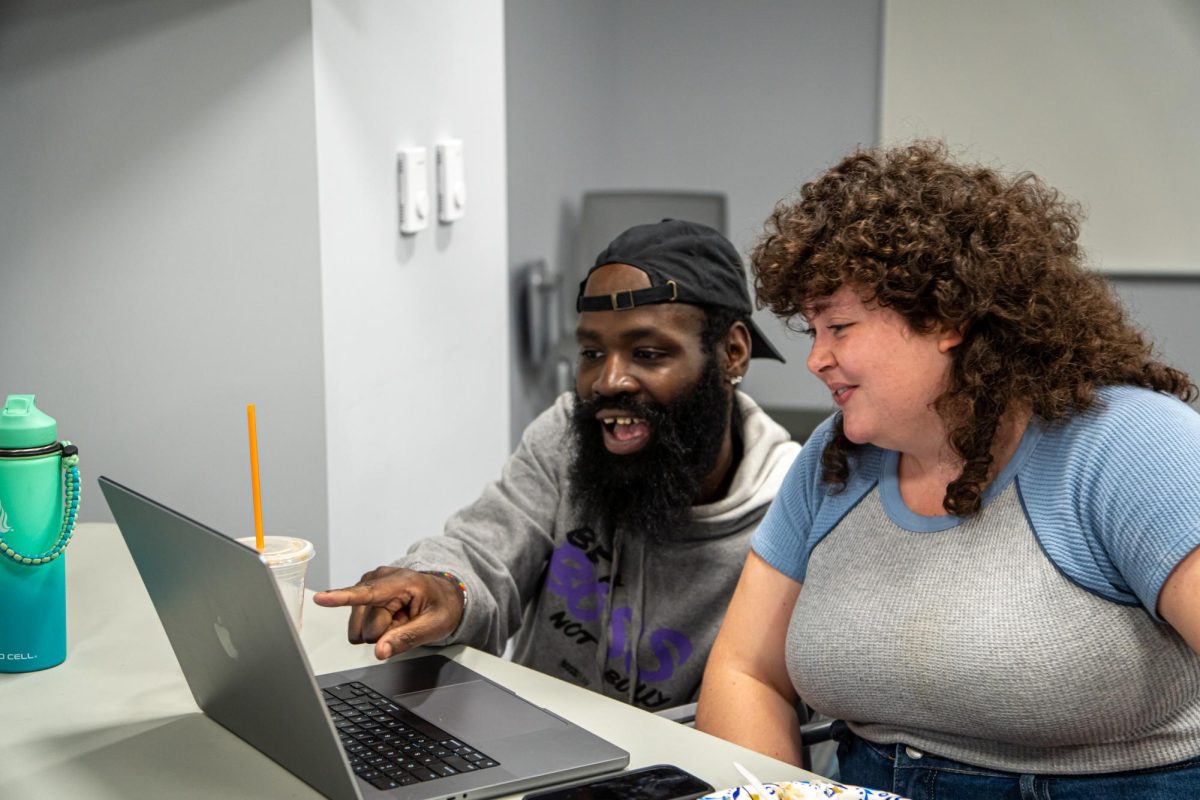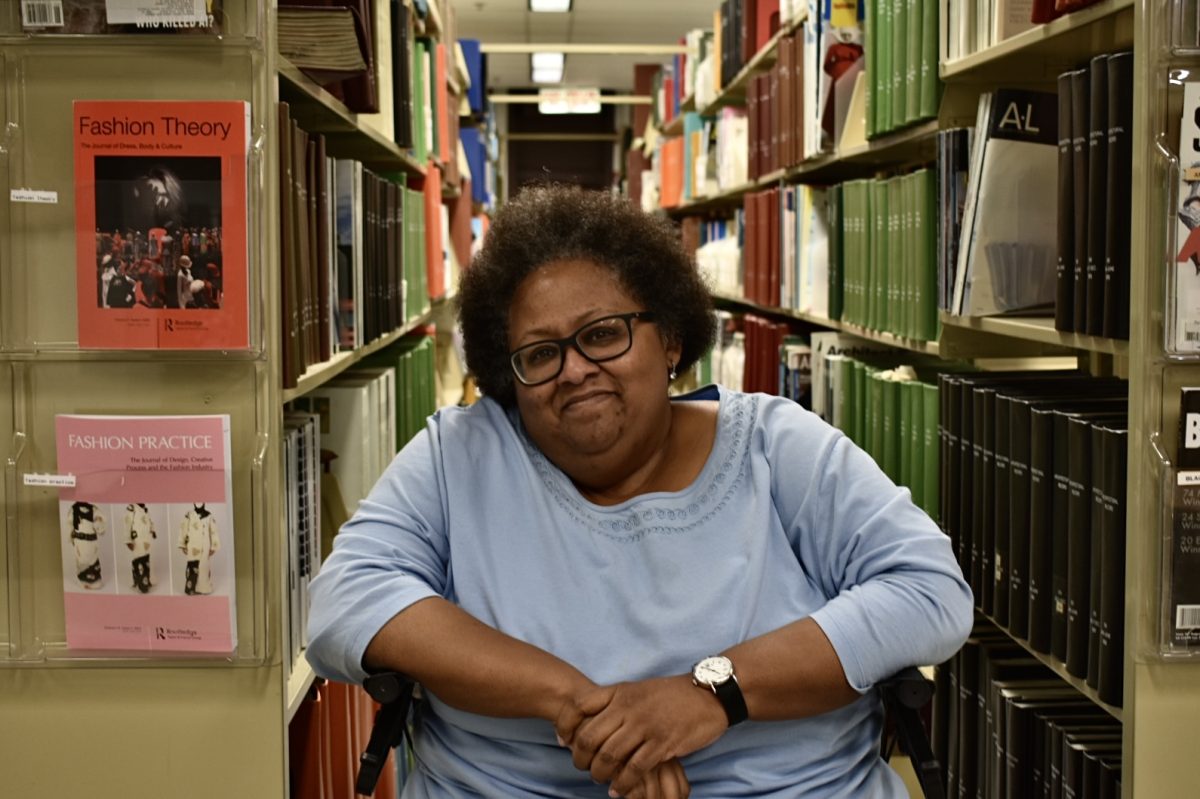I have read with tremendous disappointment and concern the email from John Holmes regarding the upcoming changes to the Core Curriculum and to other programs at Columbia College Chicago.
The proposed changes are not only short-sighted, but they are also detrimental to the employment prospects of our students—in stark contrast to Holmes’s contention that such changes are ones “the industry truly values” and the college’s contention that this is what students want. (Shouldn’t we, as a collective of professionals, be the judge of what our students need?)
It is highly unlikely that we can reduce our general education requirements from 42 credit hours—by no means excessive—to the bare minimum of 30 mandated by the Higher Learning Commission, our accreditor, without sacrificing quality and depth in a student’s education. We are lessening the value of our bachelor’s degree, something about which parents surely will care.
Moreover, every credit within the core contributes to our graduates being able to communicate effectively, whether online, on paper, or in person, and to be accountable, well-educated, responsible citizens. Our graduates must be able to function both as creative people in their respective disciplines but also understand and enact where and how their work fits within diverse historical, literary, and cultural contexts.
If Hollywood isn’t immediately calling for our theatre grads; if the soundstage isn’t quite in the offering just yet for our musicians or audio arts students; if the Bolshoi or hip-hop dance troupe hasn’t yet signed a dance graduate; if a photographer can’t quite get gainful employment because of the ruinous aspects of the digital age, it’s the thoroughgoing context of good and strong education in writing, literature, history, the social sciences, mathematics, the sciences, and the like that will prepare our graduates for gainful, satisfying employment. (Our students are already at a disadvantage by the provost’s elimination of the requirement of a second semester of composition.)
My husband, Jay Boersma (Columbia College,1974; RISD, MFA,1976), is a proud graduate of the photography program who, in addition to his photographic work (in the collection of the Art Institute, for instance), was for 15 years the senior creative director of a major international website and magazine. In that creative and managerial capacity, he hired many graduates from Columbia and elsewhere—always looking for people who were both good in their areas of expertise and well-educated, able to communicate and to contribute various forms of knowledge. Based on his contacts, he is not alone in that conviction.
While the college must move quickly and efficiently to ensure that we survive the current crisis, it must do so wisely. We cannot succeed, long term, while severely compromising the ideals of a well-rounded, meaningful college education as we prepare students for creative and related careers.
Indeed, it would appear that the members of the board and some of our administrators want to deny Columbia students and graduates exactly those extensive forms of knowledge that helped many of the members of the board and administrators get to where they are today.
Deborah H. Holdstein is a professor in the English and Creative Writing Department and was dean of the School of Liberal Arts and Sciences from 2007 to 2014.
Submit an op-ed of no more than 850 words here or email editorialboard@columbiachronicle.com


